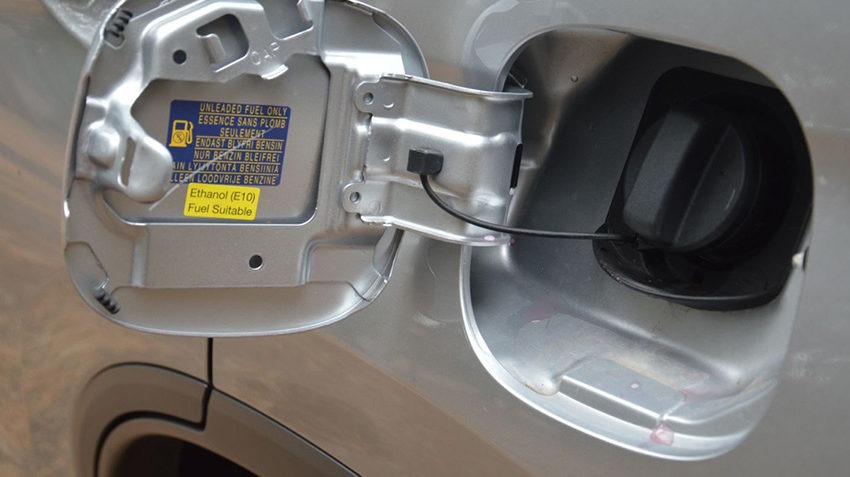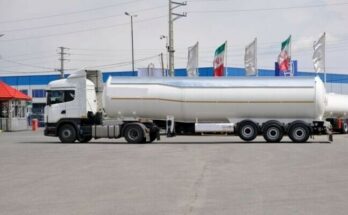From transportation to manufacturing, fuel is the lifeblood of any economy. However, the cost of fuel inefficiency has been a major setback for Pakistan’s economic growth.
The purpose of this article is to explore the current state of fuel efficiency in Pakistan, the economic and environmental costs of inefficiency, international standards, and policy recommendations to address the issue.
The Significance of Fuel Efficiency
Fuel efficiency essentially means utilizing the same amount of fuel to cover a greater distance. This means lower fuel consumption for the same distance, resulting in economic, environmental, and energy security benefits. Inefficient fuel use leads to higher spending on fuel and impacts the environment negatively.
The Current State of Fuel Efficiency in Pakistan
Pakistan has yet to introduce mandatory fuel efficiency standards for vehicles, resulting in poor fuel economy. Most vehicles in Pakistan have engines with low efficiency and no emission control systems. The average fuel economy of vehicles in Pakistan is estimated to be less than 10 kilometers per liter, compared to an average of 13 to 18 kilometers per liter in developed countries.
The Economic Cost of Fuel Inefficiency in Pakistan
Inefficient fuel use in Pakistan has resulted in the transportation sector being the third-largest consumer of energy in the country. Due to the lack of fuel efficiency standards, Pakistan is losing billions of dollars on imported oil. Additionally, the impact on the economy is further compounded by reduced revenue from tourism, rising inflation, and a negative impact on the GDP.
Environmental Cost of Fuel Inefficiency in Pakistan
Transportation-related air pollution is the primary contributor to poor air quality in Pakistan. The lack of fuel efficiency standards has led to an increase in greenhouse gas emissions, impacting climate change outcomes. There is also a significant correlation between air pollution and ill health, including respiratory disease, heart conditions, and premature death.
International Standards for Fuel Efficiency
In Thailand for example, the Eco-Car regulations mandate a number of requirements in addition to fuel efficiency, which needs to be at least 22 kilometers per liter for B-segment vehicles.
Related: Blame Where the Blame Is Due
Other countries have set mandatory fuel efficiency standards with positive results. For example, Japan has implemented a fuel efficiency standard targeting a minimum of 20 kilometers per liter. The United States established a Corporate Average Fuel Economy regulation, setting a target of 54.5 miles per gallon for 2025.

Similarly, ARAI in India is there to officially test the fuel efficiency of vehicles, and not take any figure by the automakers for granted. Unfortunately, Pakistan has never mandated any minimum fuel efficiency standards, not to mention 70% of the “new cars” sold in the country are globally obsolete models.
Related: More Than 17 Obsolete Cars are on Sale in Pakistan
Cars sold in Pakistan miss out on fuel-saving features such as eco-idling & regenerative braking etc. For Pakistan, the benefits of adopting international standards include reducing fuel consumption, decreasing pollution, and improving energy security.
Policy Recommendations
To address the issue of fuel inefficiency, Pakistan needs to introduce a mandatory fuel efficiency standard for vehicles and promote the adoption of new technologies, such as hybrids & electric vehicles on a mass level, not just a handful of these targeted at the elites. The government also needs to provide incentives to manufacturers for producing fuel-efficient vehicles.
Related: 10 Factors That Affect Fuel Economy
Consumers need to be educated on the benefits of fuel-efficient vehicles, and infrastructure for alternative fuel vehicles needs to be built. Collaborating globally to adopt renewable energy technologies can help develop Pakistan’s energy security.
Conclusion
The cost of fuel inefficiency in Pakistan is significant and negatively affects both the economy and the environment. To move beyond this system, there is a need to introduce mandatory fuel efficiency standards for vehicles, promote the adoption of new technologies, incentivize manufacturers, and promote education to consumers. Additionally, collaborating globally can help build a sustainable future for Pakistan. It is time for Pakistan to recognize the importance of fuel efficiency and commit to a more efficient future.

I don’t eat, sleep or dream of cars, I am just someone who loves to see, think & write about cars. I love Ferrari in Pink but they won’t make one for me. I use X to write my full name, but that doesn’t mean I’m inspired by Altis X, in fact, my dad hates it 😀 Btw I’m an occasional writer so don’t expect too much from me 🙂




